Research
Oxford University ranked number 1 in the Times Higher Education (THE) World University Rankings for the ninth year running, and at the heart of this success is our ground-breaking research and innovation.
Oxford is world-famous for research excellence and home to some of the most talented people from across the globe. Our work helps the lives of millions, solving real-world problems through a huge network of partnerships and collaborations. The breadth and interdisciplinary nature of our research sparks imaginative and inventive insights and solutions.


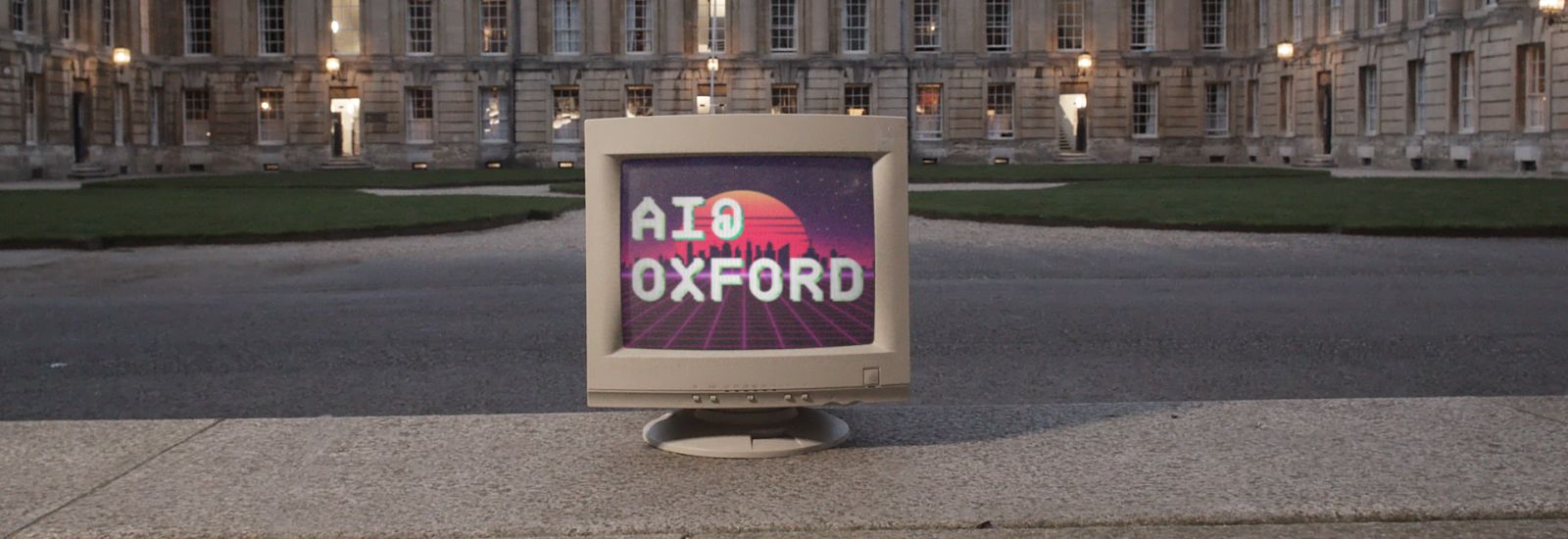


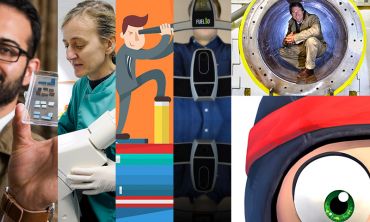


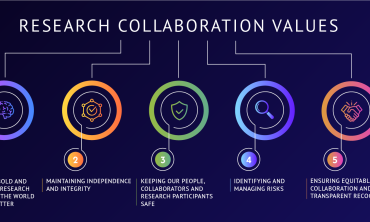

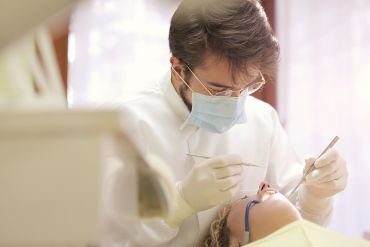


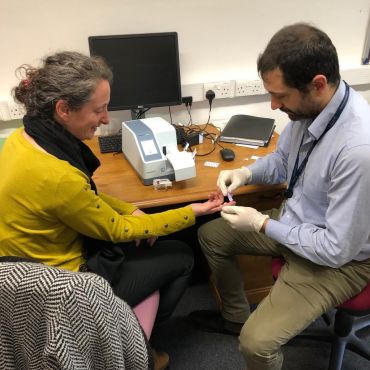
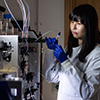
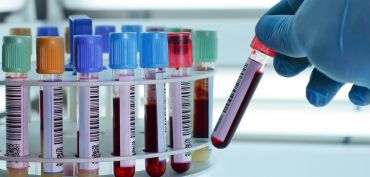

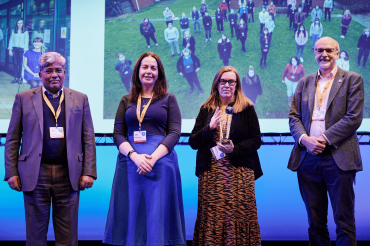
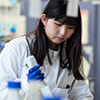




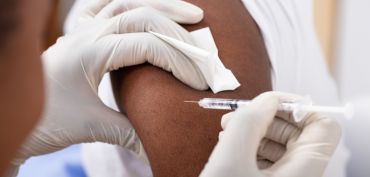
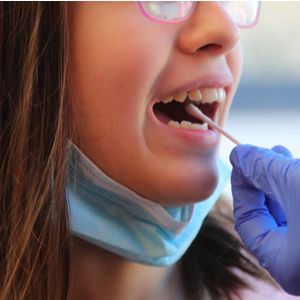



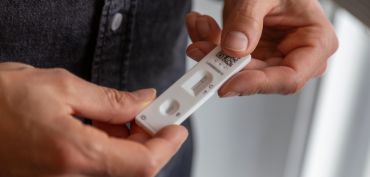

 Researchers develop a way to test the ability of red blood cells to deliver oxygen by measuring their shape
Researchers develop a way to test the ability of red blood cells to deliver oxygen by measuring their shape
 New study reveals the COVID-19 pandemic’s impact on other causes of death
New study reveals the COVID-19 pandemic’s impact on other causes of death
 New study calls for radical rethink of mental health support for adolescents
New study calls for radical rethink of mental health support for adolescents
 Botanists name a beautiful new species of ‘lipstick vine’ discovered in the Philippine rainforest
Botanists name a beautiful new species of ‘lipstick vine’ discovered in the Philippine rainforest
 Analysis of butchered bones suggests violent ‘othering’ of enemies in Bronze Age Britain
Analysis of butchered bones suggests violent ‘othering’ of enemies in Bronze Age Britain
 The genetic basis of fertility, family and longevity
The genetic basis of fertility, family and longevity

